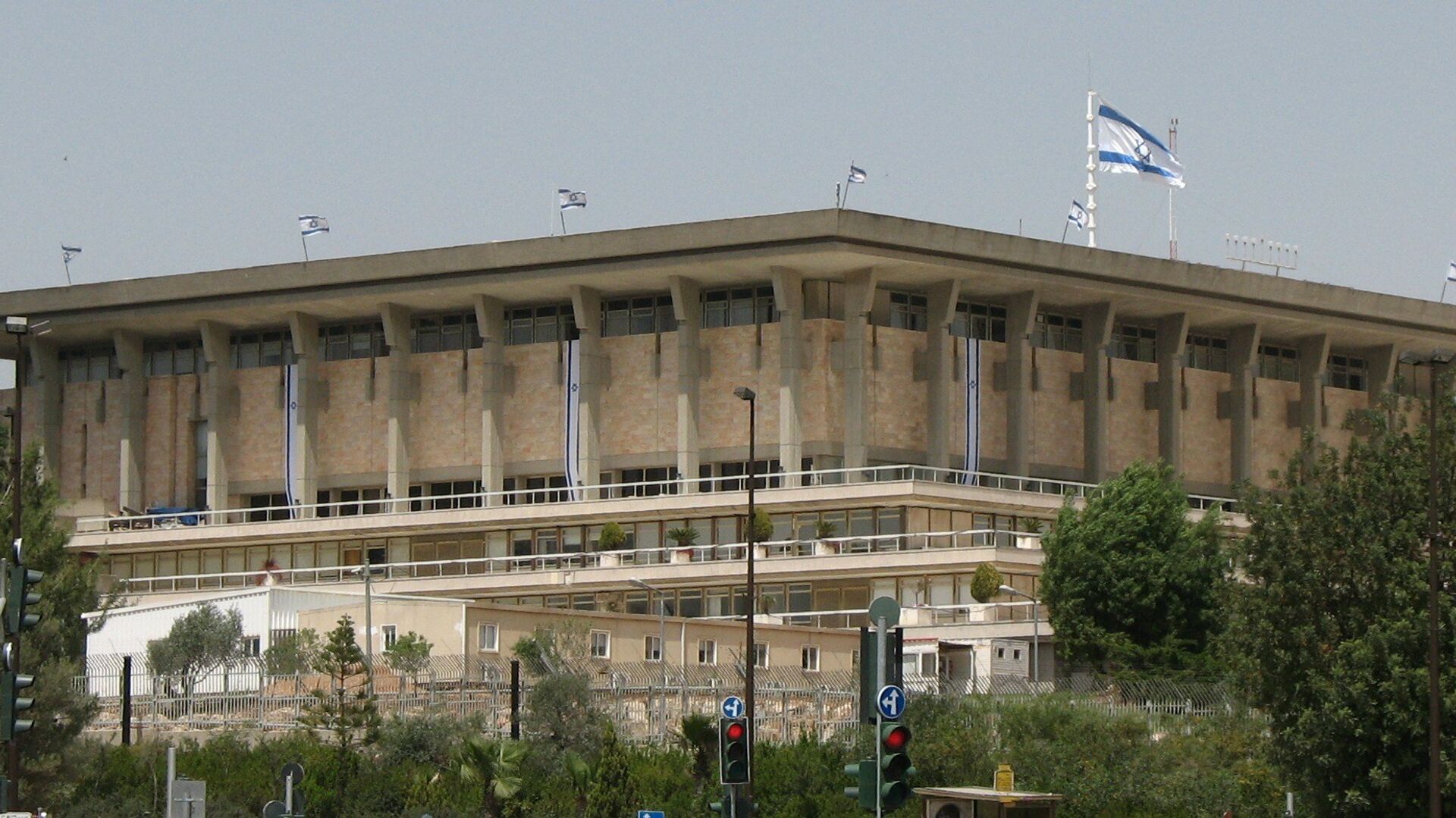Israeli Politicians Aren't Corrupt Overall, Says Researcher, But What Does the Public Think?
07:33 GMT 21.02.2022 (Updated: 17:25 GMT 15.01.2023)

CC BY 2.0 / James Emery /
Subscribe
Transparency International has ranked Israel the 36th least corrupt country out of 180 listed. Although the situation is not that bad, a local expert believes that changes are still needed.
In Israel, the Pegasus saga, an affair where the police are believed to have abused their power by planting spy software in the phones of ordinary civilians, continues to make waves across the country.
The Minister of Public Security Omer Bar Lev vowed to launch a probe into what appears to be illegal conduct among the police but the masses are fuming. They blame state corruption for the current mess.
The belief is that the police are not the only culprit. Fingers of blame are also being pointed at the judiciary, the prosecution and politicians.
Israel's Not Corrupt?
Adv. Edna Harel, a researcher at the Israel Democracy Institute, who heads the programme on combating government corruption, says instances of corrupt politicians and public servants that are investigated and accused are "not really new".
In the 1990s, the former Minister of the Interior Ariye Deri faced trial because of corruption. In 2000s, it was ex-Prime Minister Ehud Olmert, and, more recently, Benjamin Netanyahu, who went through a similar ordeal.
"Of course, from time to time we find instances of corruption among politicians and public servants because when there is power, the temptation to exercise it is high," says Harel. "But I don't think that politicians as a genre are corrupt. Israel is not a corrupt country. Neither petty, nor grand corruption are a common practice here".
However, Transparency International, a global movement that aims to "end the injustice of corruption," thinks otherwise.
Recently, the international body ranked Israel 36th out of 180 countries in its annual index that comes to evaluate the public perception of corruption.
Even though the Jewish state is not in the list of states considered corrupt, the index indicated that Israel reached a score of 59, just 9 points above the "red line" mark of 50.
Harel appreciates the work conducted by the international body. However, she says the index is largely affected by the public perception of corruption, and that in its turn is impacted, among other issues, by debates, media investigations and public discourse.
"The Israeli public is divided in the way it sees corruption. There are groups in Israel that believe the police and the legal system are in the hands of a certain elite, and they strongly reject the criminal allegations that are raised against some of the politicians. This affects the discussion about the content of corrupt behaviour."
The expert believes that in order to gauge an accurate picture of how immune Israel is to corruption, one should be looking for such indicators as the independence of the press and courts, a system of checks and balances within the public service and the presence of strong institutions that fight corruption and don't depend on one another.
Protecting Democracy
Israel, says Harel, has a combination of tools that protect it from this vice. One such tool is "the strong and independent press" that has uncovered many stories, including the one on police and the use of Pegasus.
Another is the legal system, whose reputation was recently tarnished following Netanyahu's claims that it had joined efforts with the police to oust him from office. A third tool is the rather efficient State Comptroller's office, as this public official is tasked with defending whistleblowers.
Nevertheless, Harel still insists that the situation can be improved.
"We can still improve the system that defends the whistleblowers. We need to find ways to strengthen our police, the trust in which should be rehabilitated, and we need to work out a way how to limit the impact [the country's] leader has over the State Comptroller," says Harel. "We also need to widen the public understanding of the harm corruption brings to the society, to individuals, to their rights, well-being and to the democratic values of our system."
Israel needs those changes, especially as the public trust in the police, the judiciary and other institutions has eroded in recent years.
According to a recent poll, conducted by Globes, 42 percent of those asked said they didn't trust the judiciary branch. 51 percent have expressed their distrust in the police.
To rehabilitate that trust, the Israel Democracy Institute has been publishing research papers and advising the government on how to improve the situation.
Some of their advice has been implemented. In late 2020, the previous Israeli government adopted their initiative to open a special unit within the country's Attorney General office which looks for patterns of corruption in different governmental bodies. It also advises the government units on the changes that need to be implemented.
Will that be enough for the Israeli public? Only time will tell.


